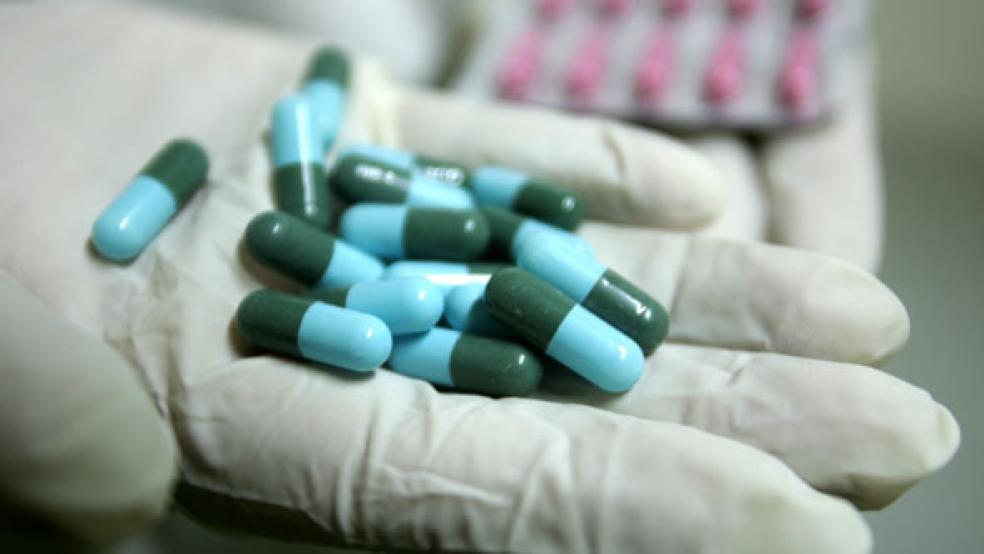In the latest example of out-of-control drug prices, startup Turing Pharmaceuticals has increased the price of a newly acquired drug by more than 5,000 percent.
For more than 60 years, the drug Darapin has been used to treat a life-threatening parasitic infection, The New York Times reports. After Turing acquired the U.S. rights to the drug in August, the price per pill skyrocketed from $13.50 to $750.
That would push the annual price of treatment of toxoplasmosis, a disease that can have severe consequences for pregnant women or patients with compromised immune systems, to $336,000 for those under 130 pounds and up to $634,500 for those weighing more, according to a letter to the pharmaceutical company from the Infectious Disease Society of America.
Related: As Drug Price Soar, Doctors Voice Outrage
“This cost is unjustifiable for the medically vulnerable patient population in need of this medication and unsustainable for the health care system,” the letter states. Turing CEO Martin Shkreli told the Times that the drug is so rarely used the price hike would have little impact and that the company would use the money for research to find better treatment.
While a lot of media attention has been paid to extremely expensive new drugs used to treat specific diseases like hepatitis C, the Times story highlights the fact that high prices are sometimes hitting older, generic drugs too.
“Although some price increases have been caused by shortages, others have resulted from a business strategy of buying old, neglected drugs and turning them into high-priced ‘specialty drugs,’” the Times reports.
The newspaper cites several other examples of the practice, including Cycloserine, a tuberculosis drug whose price went from $500 to $10,800 for 30 pills after acquisition, and Doxycycline, an antibiotic whose price went from $20 a bottle to $10,800.





